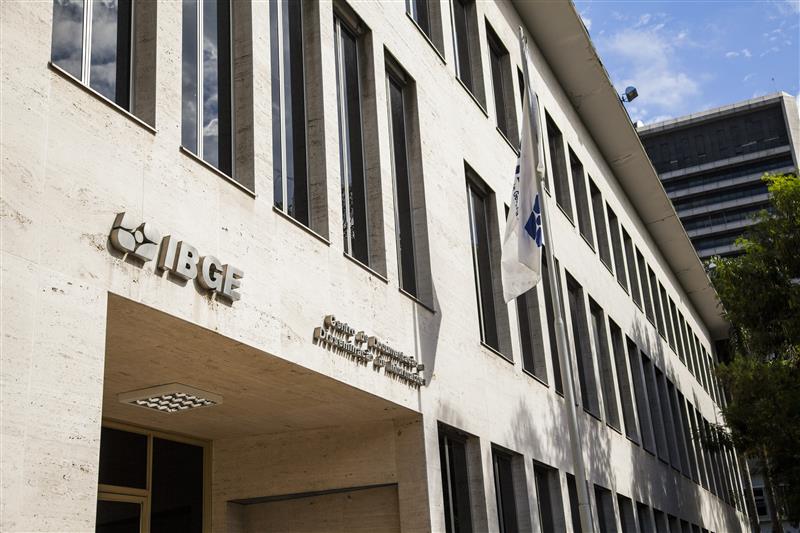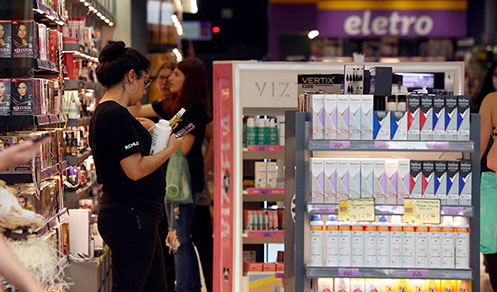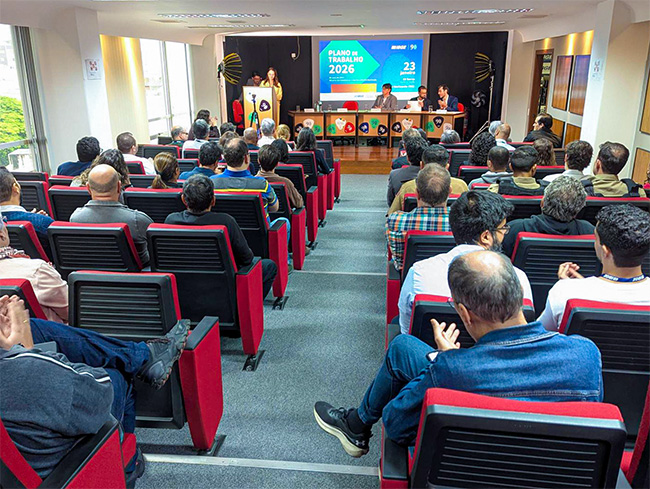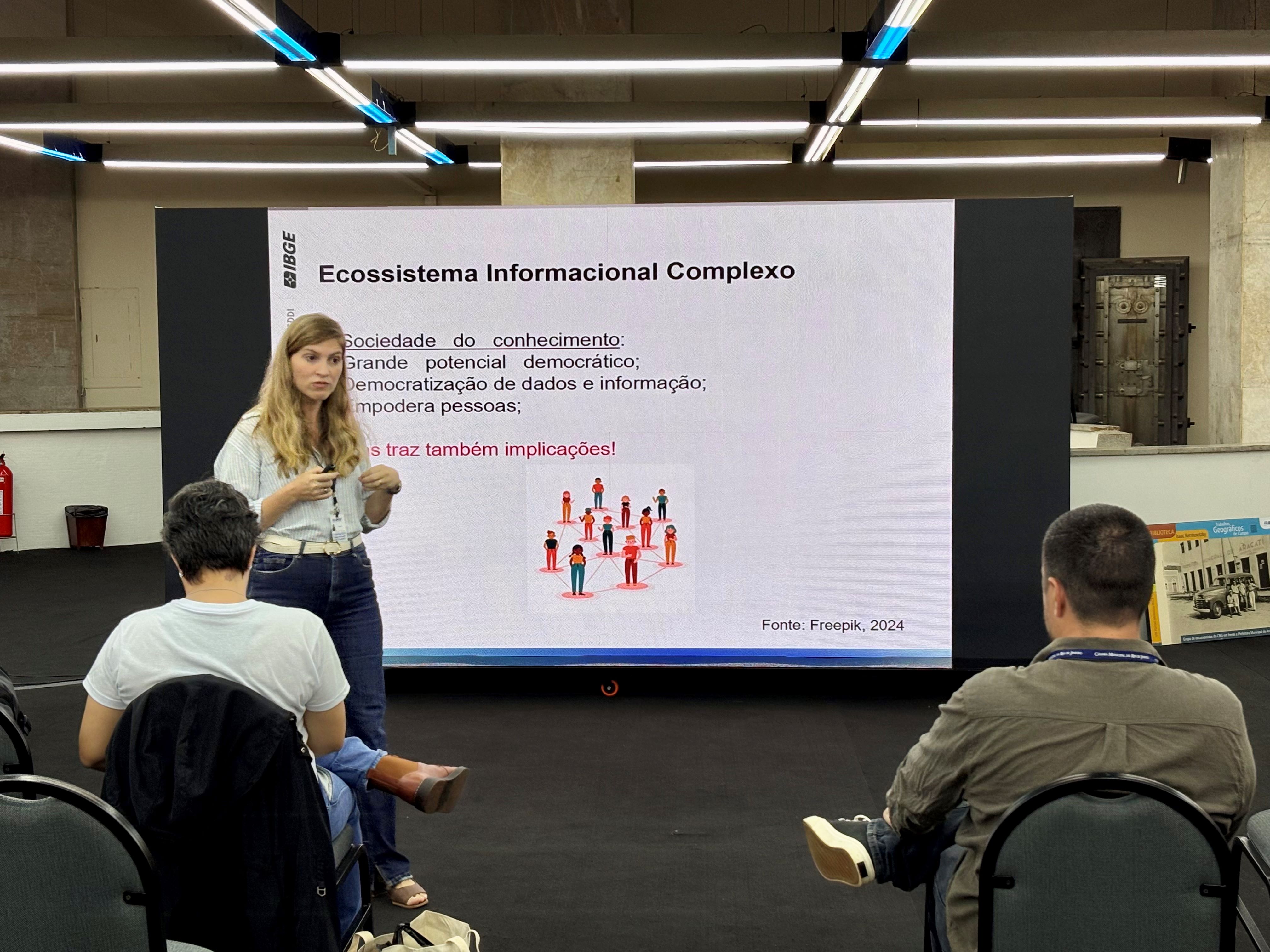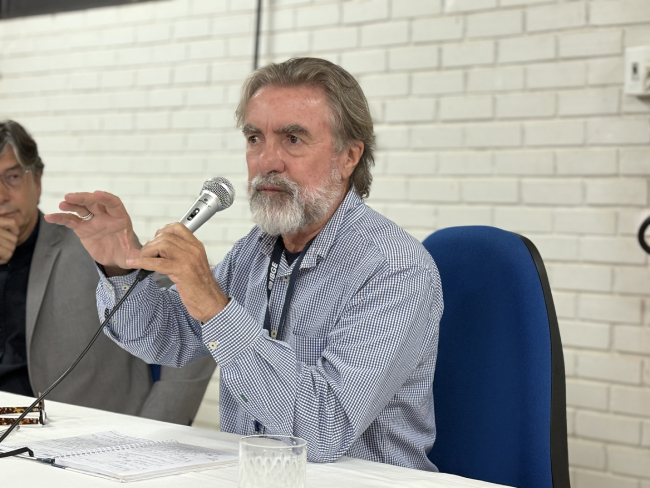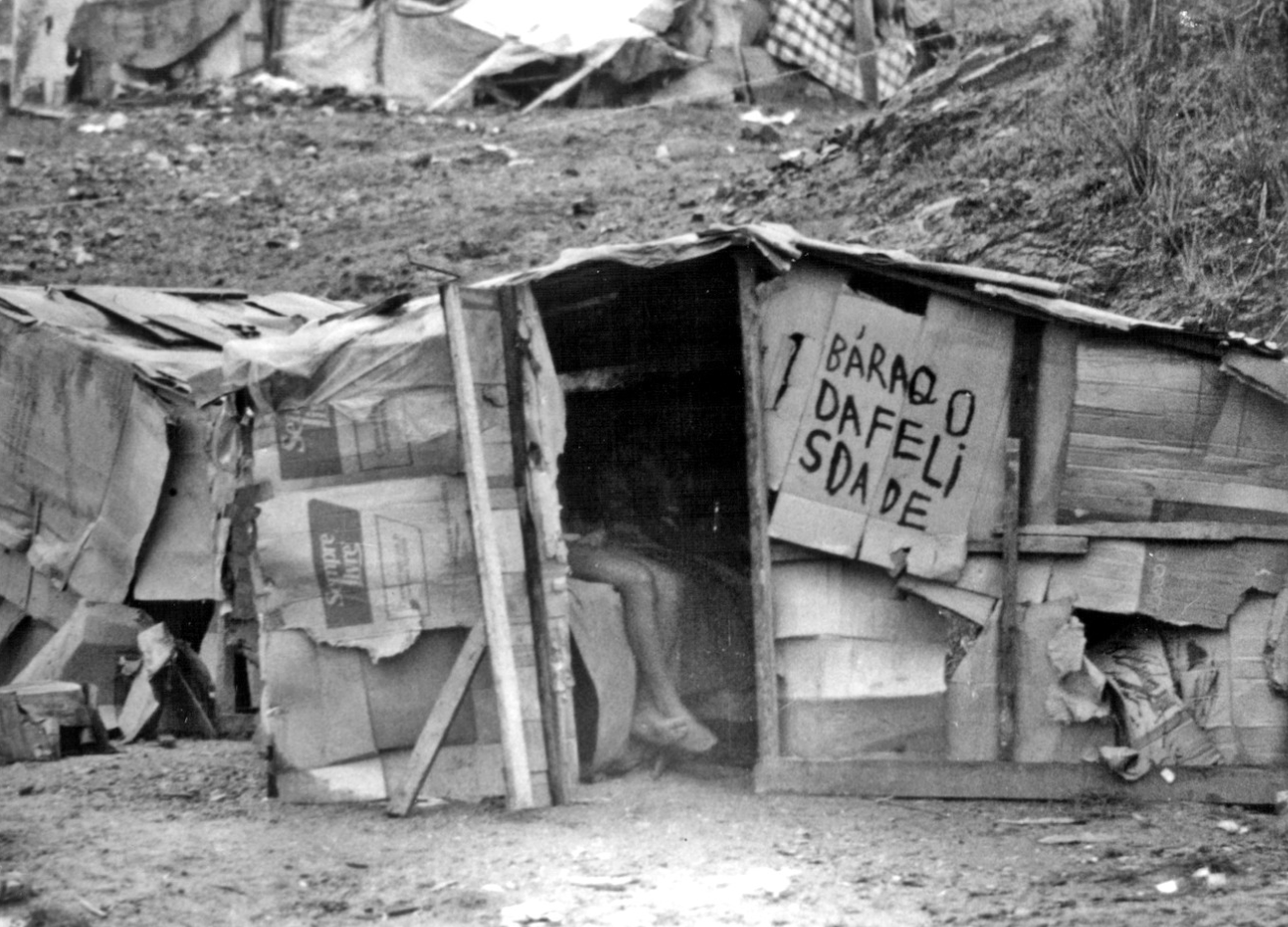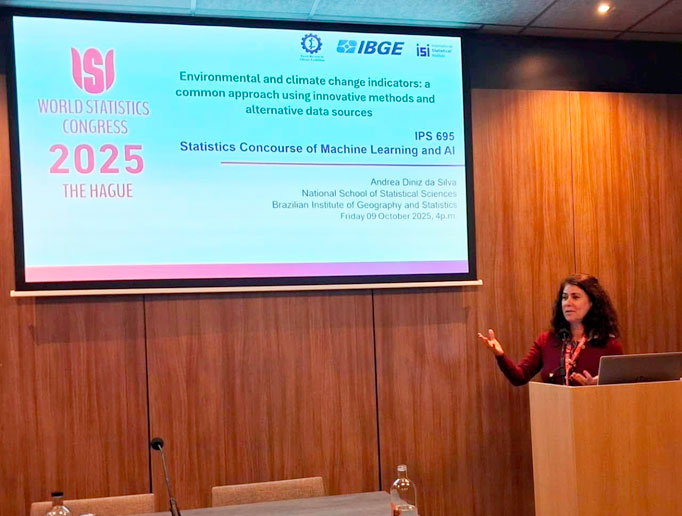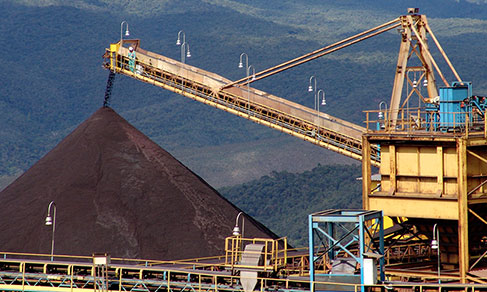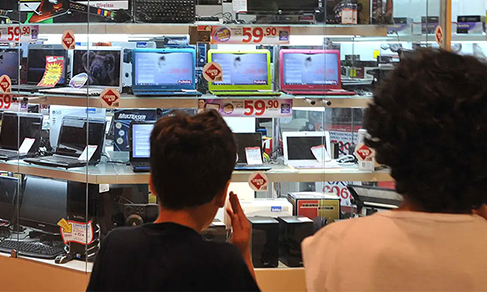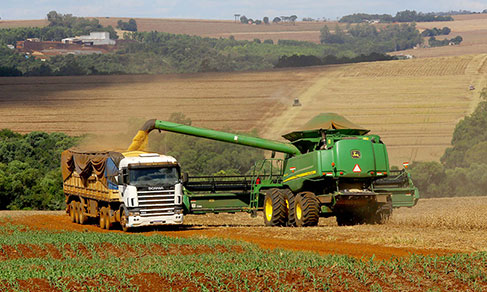Previous inflation for January rises pressed by food
January 23, 2018 09h00 AM | Last Updated: January 23, 2018 10h50 AM
After falling for seven months, the price of food consumed at home rose once again, registering 0.97% in the previous inflation for January (IPCA-15), released today by the IBGE. The overall index stayed at 0.39%, whereas the cumulative rate in the last 12 months recorded 3.02%. The metropolitan areas of São Paulo and Curitiba posted the highest previous inflation for January in Brazil (0.52% both), while Belém (-0.06) reported a deflation.
The major rises were tomatoes (19.58%), potatoes (11.70%) and fruits (4.39%), products that significantly weight in the consumption basket of the Brazilian households. Meat changed 1.53%, alter rising 0.41% in December. On the other hand, some other food registered intense drops, like carioca beans (-5.86%) and long-life milk (-1.69%), contributing to the reduction of the index. As a result, the group of Food and Beverages (0.76%) – comprising the subgroups of food at home and food away from home – increased once again.
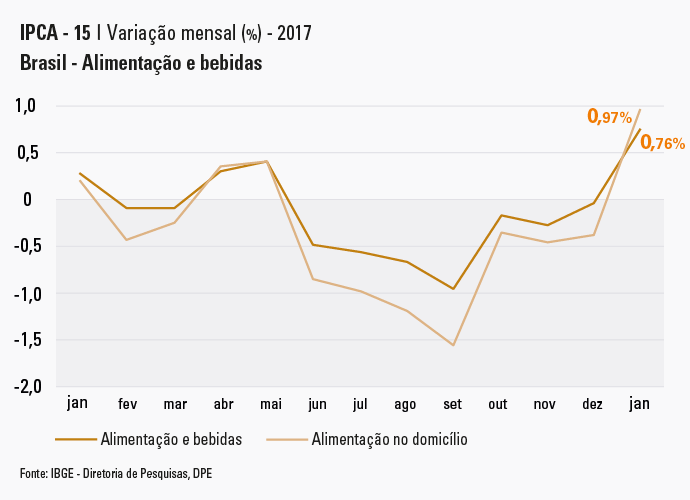
Among the nine groups that comprise the IPCA-15, Transportation (0.86%) recorded the highest inflation, as a result of the increase of 2.54% in the fuel prices, determined by the adjustment in gasoline. The price of the liter of this fuel cost, on average, 2.36% more due to the adjustments in the refineries authorized by Petrobras, which added up to 2.75% in the data collection period of the IPCA-15 (December 14, 2017 to January 15, 2018). In addition to gasoline (2.36%), the expenses with transportation were pressed by ethanol (3.86%) and by urban (0.43%) and intercity (0.94%) bus fares.
The only group that posted a deflation was Housing (-0.41%), explained, at a great extent, by the reduction of 3.97% in the electricity bills. The green tariff flag is in force since January 1st, causing no additional cost to the fare. It replaced the red tariff flag level 1, which implied an additional cost of R$0.03 per kWh consumed.




